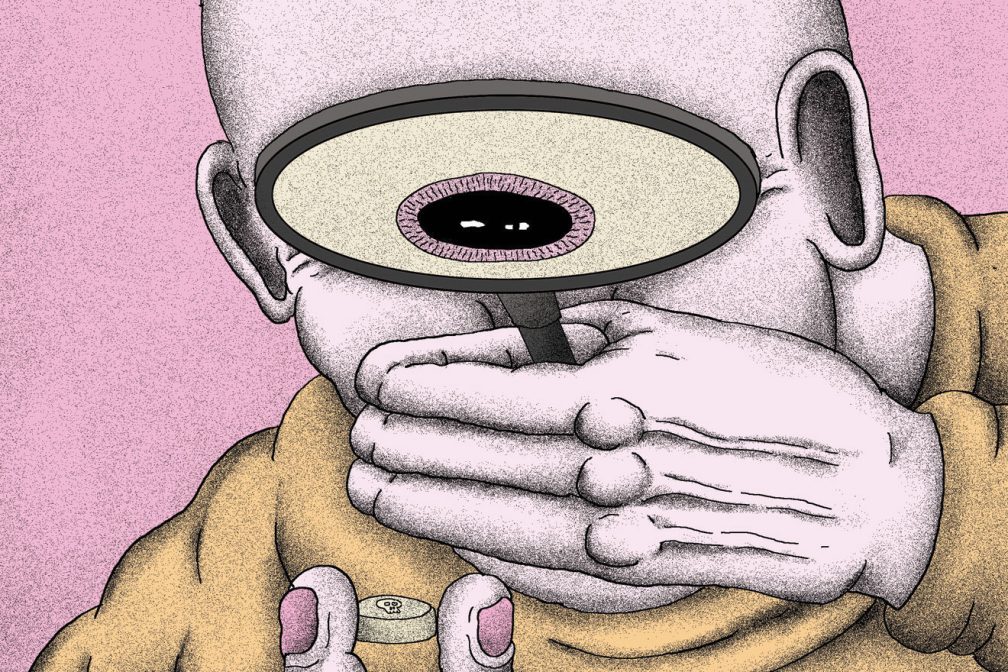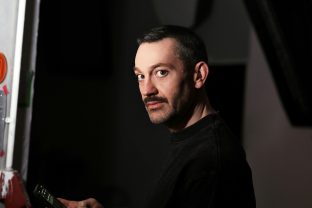 Comment
Comment
Not so pure and simple: Drug checking isn't the silver bullet solution
It won't abolish the risk, but it’s still important
Knowing what’s in your drug won’t abolish drug-related risk, but it’s an important part of the equation. How we go about sharing information about drug quality and how to use drugs more safely is still a work in progress. What’s clear, though, is that many governments are hamstrung by thinking that they can’t talk honestly to people about drugs while continuing to criminalise their use. This is not the case. Many governments don’t support the widespread dissemination of credible, practical harm reduction due to a perceived conflict with their support for an outdated and increasingly unhelpful prohibition-style approach to drug use. And while it’s normally adulterated drugs that create the biggest calls for drug checking and drug law reform, in our opinion, some advocates of drug checking place too much emphasis on the drug itself and not on the other mediators of drug-related harm, like the setting or environment, the cultural context of use, and individuals’ behaviour.
Dose probably remains the biggest variable and knowing as much about your drugs’ composition or purity is useful. For those who don’t have access to drug checking our advice is ‘Test-dose and wait two hours (at least)’. If you want to reduce your risk and still have fun, use less drugs less often, avoid combining drugs and avoid injecting.
We need to become much better at helping people use that information in a way that changes behaviour. Governments can help people who use drugs take responsibility by enhancing the ability of everyone involved to have honest conversations. GDS believes that drug law reform is necessary if we’re to take harm reduction seriously, but in the meantime, changing the conversation can help save lives now.
See the full Global Drug Survey 2017 report at globaldrugsurvey.com



